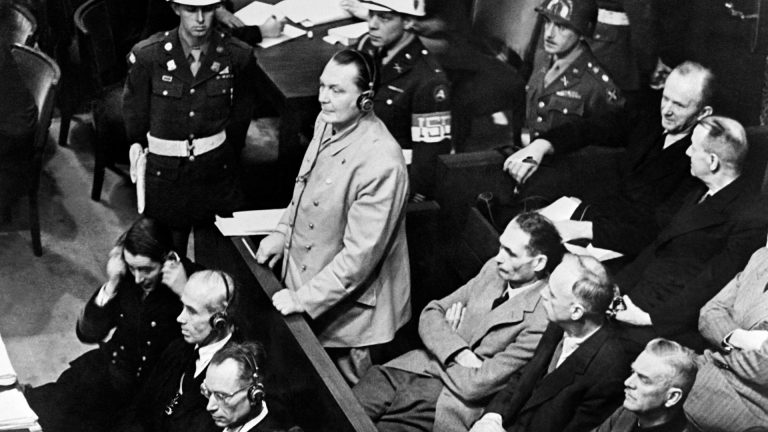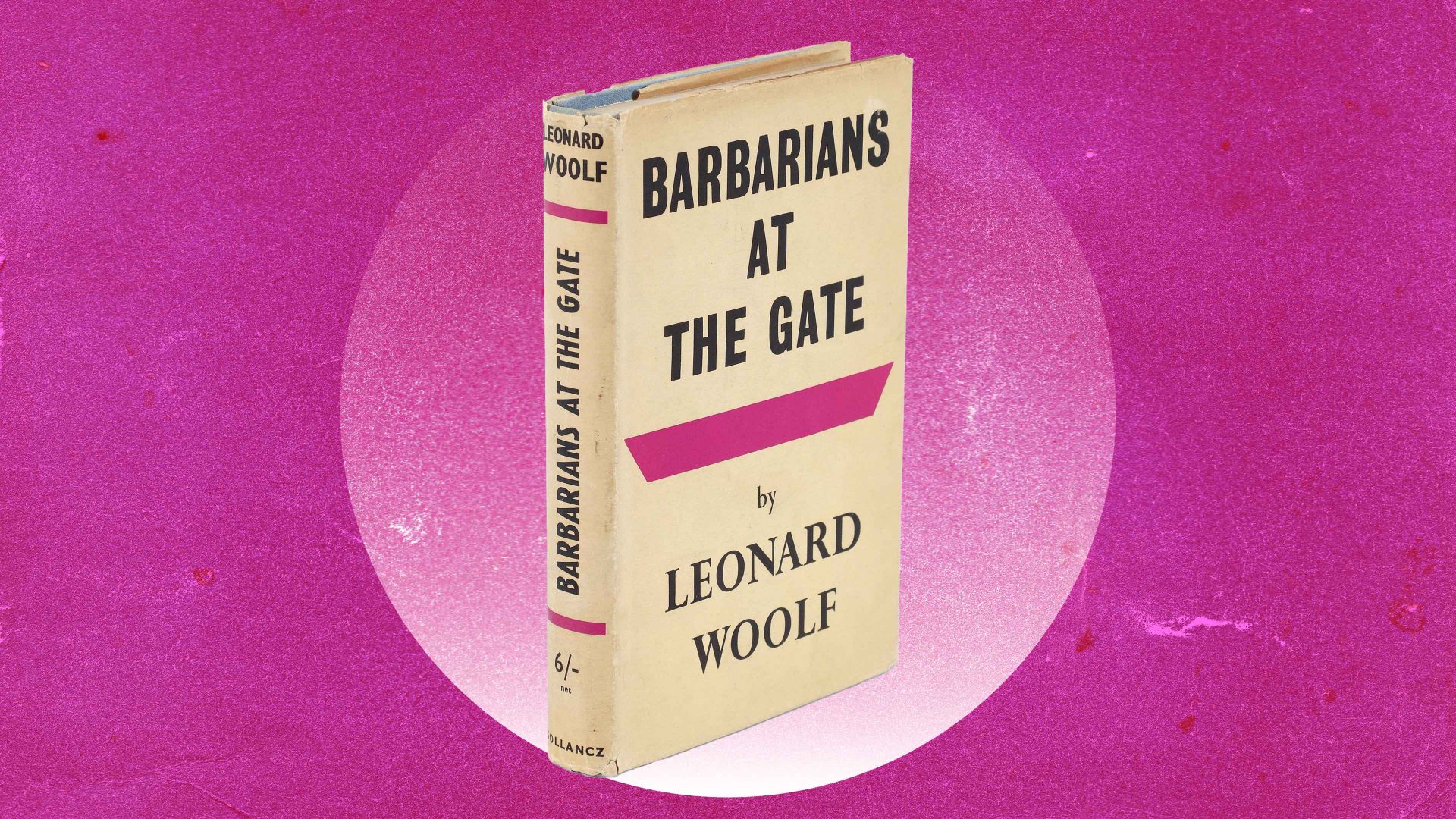“It was almost ‘the Age of Asa’,” says biographer Adam Sisman of his latest subject, the historian and educationalist, Asa Briggs. “In many ways, he could be seen as embodying the social democratic spirit of Britain in the 1950s and 1960s”.
Asa Briggs is the third British historian, after Hugh Trevor-Roper and AJP Taylor, to come under Sisman’s microscope. He describes Briggs’s gargantuan appetite for work, for undertaking a mind-boggling range of public appointments, for expensive wining, dining and travel (not for nothing was he dubbed “Lord Briggs of Heathrow”) but above all, for his vocation as a social historian.
At the age of 16, Briggs went from Keighley Grammar School to Sidney Sussex College, Cambridge. He was the youngest undergraduate to arrive there since Oliver Cromwell. While there, he gained two degrees simultaneously – a double first in history but also (and unknown to his college) a first in economics as an external student at the LSE, which had been evacuated to Cambridge during the war.
This was the precursor to a glittering academic and public service career which, after three years as a Bletchley Park code-breaker, featured great successes but ended for Briggs with a bitter sense of disappointment, even failure. “He begins to resent much of the way the world was going,” says Sisman, “as he realised that his dreams of making the British education system the key driver of greater social equality was not going to come to fruition, at least not in his lifetime.”
Not that Briggs could be faulted for lack of trying. From 1958 to 1967, he was president of the Workers’ Educational Association. He then played a key role in developing the Open University and was its chancellor from 1978 to 1994, but he is perhaps best remembered in the education field as vice-chancellor of the then-new University of Sussex, a position he held from 1967 to 1976.
Britain’s universities had expanded slowly in the postwar period, but in 1961 the University of Sussex was established – the first of the “new”, or “plate glass” universities. Briggs was the first academic appointment at Sussex and was soon elevated. Under his leadership, the University pioneered interdisciplinary learning and research – with “Schools of Studies” instead of “Departments” – and it rapidly became the “trendiest” (a very 60s word) place to study.
And not just for British students. “Half of Nelson Mandela’s first cabinet studied at Sussex, Thabo Mbeki taught his fellow students how to protest more effectively, and Albie Sachs wrote the new South African constitution in the University Library,” says Sisman, himself a Sussex graduate.
Yet despite the glamour and buzz around Sussex, it did not transform higher education into the force for social equality as Briggs had hoped. After 15 years at Sussex, he “retreated” to the less challenging climes of Oxford’s Worcester College, where his academic career had first begun.
Suggested Reading


The Nazis who went from Nuremberg back into power
But Briggs did not retreat from public life. He continued accepting public and academic appointments at the same exhausting rate, publishing and travelling almost until his death at the age of 94.
Sisman suggests a fascinating “compare and contrast” exercise between Asa Briggs and his near-contemporary, Margaret Thatcher. “They came from such similar backgrounds – both grocers’ children, both from provincial towns, both from low church backgrounds. They were so very similar in backgrounds but so different in ideology and their impact on Britain.”
The social democratic consensus, so central to Briggs’s beliefs, activities and achievements and shared by the Conservatives and Labour alike, was broken (some would say smashed) by Margaret Thatcher – and it has never really recovered. It’s in this context that Sisman describes the older Briggs as “not a happy man seeing his life’s work disintegrating.”
Briggs is probably best remembered as the pre-eminent historian of the Victorian age. His books, Victorian Cities, Victorian People and Victorian Things were landmark studies that are still seen as among the most insightful studies of the period.
But his historical interests were far wider than Victoriana and “conventional” social history. He authored a five-volume history of the BBC, a history of Birmingham, a history of the “book” and much else besides.
Google “Asa Briggs Publications” and you’ll be rewarded with a listing running to no fewer than 38 pages, and although this includes chapters, articles and reviews, there are still more than 50 books listed against his name. And then there’s that daunting catalogue of the public appointments he held, not just in education but in everything ranging from president of the Brontë Society to chairman of a committee investigating the future of nursing.
And it is Briggs’s enormous appetite for work that is perhaps the most striking aspect of his life as portrayed by Sisman – he was said to conduct tutorials on the London to Brighton train or even in the departure lounge at Gatwick.
But Briggs accepted too many commissions and too many appointments, so much so that he delivered manuscripts not just years but decades late. And too much activity can be self-defeating. Asa Briggs was most certainly indefatigable, but he was ultimately “a victim of his own ambition”.
The Indefatigable Asa Briggs by Adam Sisman is published by William Collins.
Ivor Gaber is a journalist and former professor of political journalism



